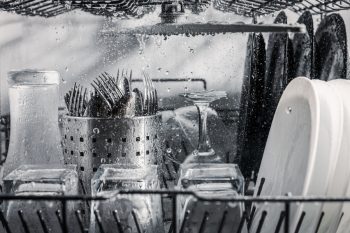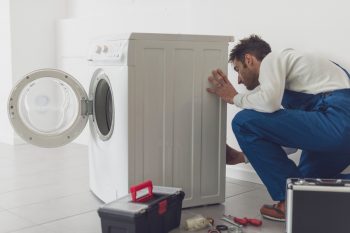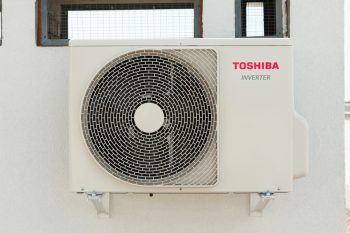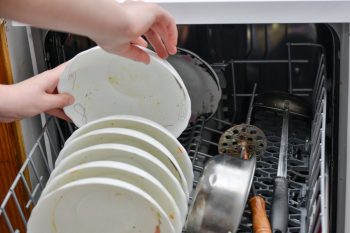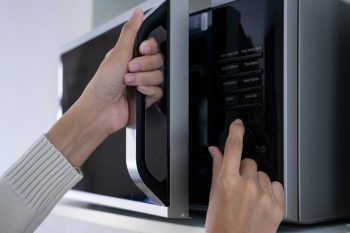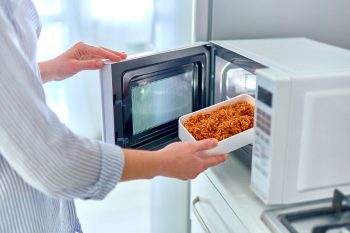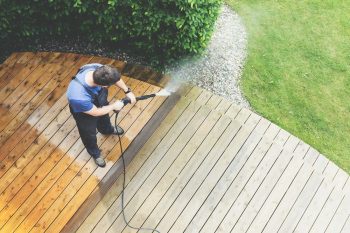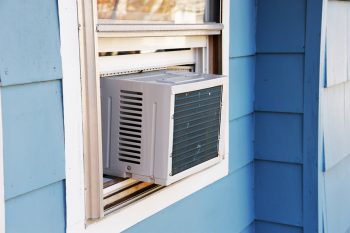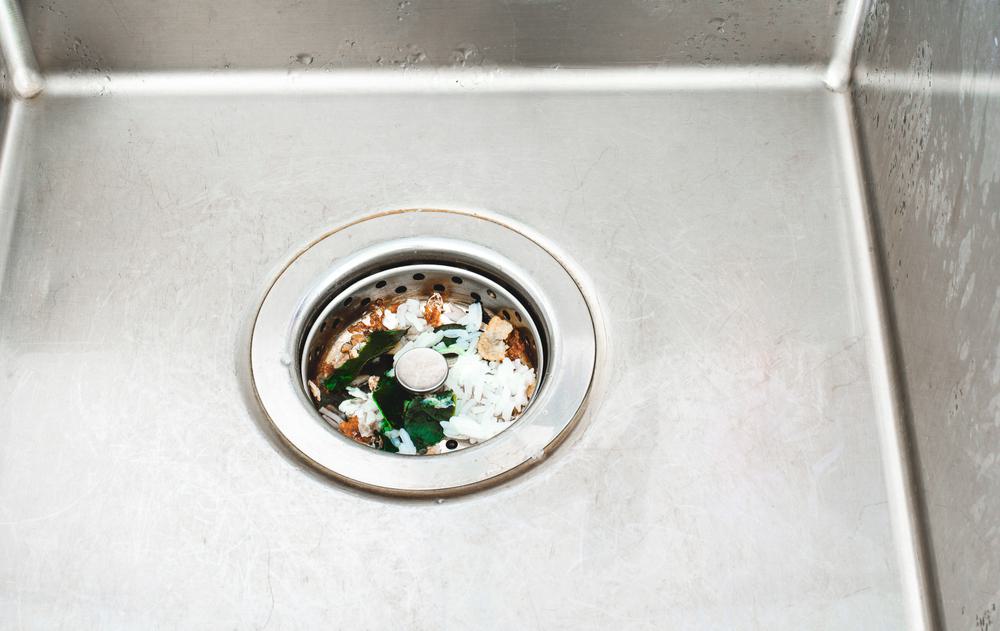
Garbage disposals are a convenient appliance in many modern kitchens, but like any device, they can sometimes encounter issues. One common problem you may come across is the garbage disposal refusing to reset. This can be frustrating, especially when you’re trying to clean up after a meal. But don’t worry, this comprehensive guide will explain why your garbage disposal might not be resetting and provide practical solutions to get it working again.
Your garbage disposal may not reset due to several reasons including electrical system issues, a jam in the grinding mechanism, faulty seals in the mounting, hoses, or pipe connections, clogs in the drain pipe, or overheating. Immediate steps to take include disconnecting the power, checking for clogs, manually turning the flywheel, and attempting to reset the garbage disposal again. If these steps don’t work, the problem might be with the reset button itself or it’s time to call a professional.
Common Reasons for a Garbage Disposal Not Resetting
Several reasons could cause your garbage disposal not to reset. They include:
- Electrical system issues: The garbage disposal might not be receiving power due to a tripped circuit breaker or a loose connection in the wiring.
- Jam in the grinding mechanism: Something might be jammed in the blades, preventing the disposal from functioning properly.
- Faulty seals in the mounting, hoses, or pipe connections: Leaks in these areas can cause the disposal to malfunction.
- Clogs in the drain pipe: A clogged drain pipe can interfere with the proper functioning of the garbage disposal.
- Overheating: The disposal might shut off due to overheating caused by constant use or a significant jam.
Immediate Steps to Take When Garbage Disposal Doesn’t Reset
If your garbage disposal doesn’t reset, don’t panic. Follow these immediate steps:
- Disconnect the power: Always ensure the unit is unplugged before attempting any troubleshooting.
- Check for clogs: Use a flashlight to inspect the inside of the disposal for any noticeable obstructions.
- Manually turn the flywheel: Use an Allen wrench to manually turn the flywheel and dislodge any clogs.
- Reset the garbage disposal: Once you’ve ensured there are no clogs, try to reset the garbage disposal again.
Determining a Reset Button Problem
If these steps don’t work, the problem might be with the reset button itself. To determine this, press the “test” button on the outlet. If the reset button pops out, it shows that the Ground Fault Circuit Interrupter (GFCI) is functioning correctly. If it doesn’t pop out, there might be an issue with the GFCI or the reset button.
Safety Precautions When Troubleshooting
When troubleshooting a garbage disposal reset problem, it’s essential to take safety precautions:
- Cut the power supply: Always ensure the unit is unplugged before attempting any troubleshooting.
- Use protective gear: Wear gloves and safety goggles.
- Never put your hands in or around the disposal chamber: Use a tool like a pair of kitchen tongs or pliers to act as an extension of your hands.
- Be cautious with water and electricity: Since garbage disposals use both water and electricity, be extra careful to prevent electric shocks.
- Seek professional help when necessary: If you’re unsure how to repair your garbage disposal safely or if the problem persists, call a professional plumber.
When to Call a Professional
While some garbage disposal reset problems can be fixed by the homeowner, it’s always better to call a professional plumber if you’re unsure or uncomfortable with the process. If you’ve attempted all of the repairs you could think of, but the problem persists or worsens, it’s time to call a professional.
Consequences of Not Addressing a Garbage Disposal Reset Problem
Not addressing a garbage disposal reset problem promptly can lead to water damage, unpleasant odors, jams, drain backups, electrical issues, and wear and tear.
Maintaining a Garbage Disposal to Prevent Reset Issues
Proper maintenance can help prevent future reset issues. Regularly run the garbage disposal, avoid putting damaging items into it, gradually feed waste, use plenty of cold water, clean the disposal regularly, and use citrus fruits as a freshener.
Cost of Professional Repair
The cost to repair a garbage disposal varies from $100 to $250 on average. The labor cost is typically between $50 and $125 per hour. However, prices may vary depending on the professional you hire and the specific issue with your garbage disposal.
In conclusion, while a garbage disposal refusing to reset can be a frustrating issue, it is generally something that can be resolved either with some basic troubleshooting or the help of a professional. By understanding the potential causes and solutions, you can ensure your garbage disposal continues to function effectively and efficiently.
Frequently Asked Questions
What is a Ground Fault Circuit Interrupter (GFCI)?
A Ground Fault Circuit Interrupter (GFCI) is a safety device that shuts off an electric power circuit when it detects that current is flowing along an unintended path, such as through water or a person. It’s commonly found in outlets where the appliance is near a source of water, like bathrooms or kitchens.
How do I manually turn the flywheel on my garbage disposal?
To manually turn the flywheel, you’ll need an Allen wrench. Find the hex hole located under the disposal unit, insert the wrench into the hole, and turn it back and forth. This should dislodge any jams and allow the flywheel to turn freely.
What are some items that can damage my garbage disposal?
Some items that can damage your garbage disposal include fibrous materials (like celery stalks or corn husks), hard materials (like bones or fruit pits), grease or oil, starchy foods (like potato skins or rice), and non-food materials (like glass, plastic, or metal).
How often should I clean my garbage disposal?
It’s recommended to clean your garbage disposal about once a week. You can do this by running it with a little dish soap and cold water, or by grinding up a few ice cubes and some coarse salt to scrub the inside.
Why should I use cold water when running my garbage disposal?
Using cold water when running your garbage disposal helps to solidify any fats or oils that may have gotten into the unit, making them easier to chop up and flush away. Hot water, on the other hand, can melt these substances, causing them to coat the insides of your disposal and pipes, leading to clogs.

